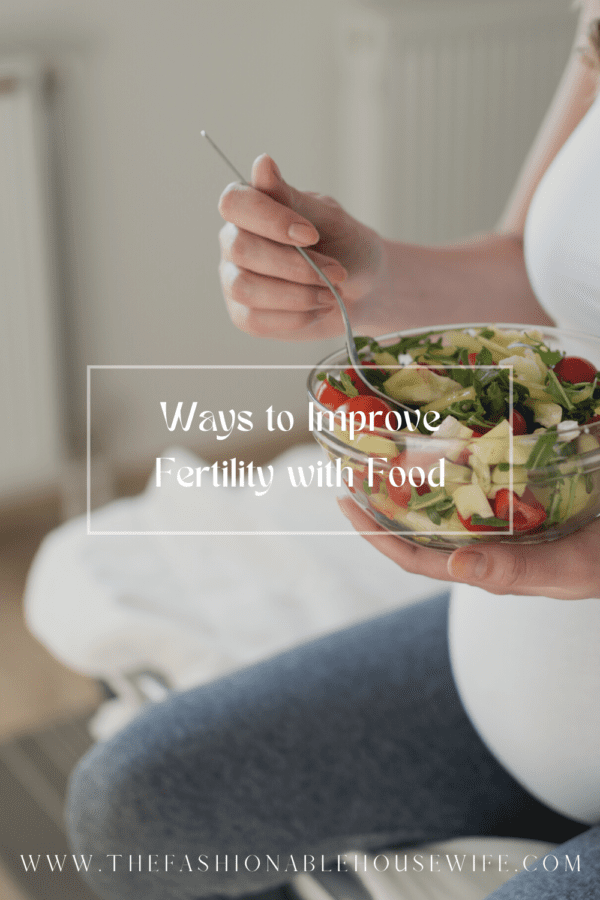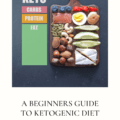
It is no secret that what we eat has a profound impact on our health. What you may not know, however, is that the food you eat can also affect your fertility. While there are many factors to consider when trying to conceive, diet is one of the most important.
Making just a few simple changes to your diet can help improve your fertility and increase your chances of getting pregnant. So if you’re struggling to conceive, read on for some tips from Fertility Plus London on how to improve your fertility with food.
What is the Fertility Diet?
The fertility diet is a set of guidelines for eating that promotes healthy body function and can improve fertility. It is based on an understanding of how nutrition affects the reproductive system and specifically how it affects egg quality and ovulation. Research shows that by following this kind of diet plan, you may be able to enhance your chances of becoming pregnant.
One of the most important things to keep in mind when it comes to eating for fertility is making sure you’re getting enough vitamins and minerals. Often, common deficiencies can impact your reproductive health negatively, and make it harder for you to conceive. For example, vitamin D can help boost sperm production and quality, while zinc is needed for ovulation. Vitamin C helps improve egg and embryo quality, as well as increases blood flow to the uterus.
Other major nutrients include iron (essential for building red blood cells that deliver oxygen throughout the body), folic acid (one of the B vitamins responsible for cell division), and omega-3 fatty acids (which promote healthy hormone function). So if you want to improve your fertility with food, start by making sure you’re getting enough of these essential nutrients in your diet.
Another important thing to consider when trying to maintain optimal fertility is the quality and quantity of foods you’re eating each day. Minimizing processed foods and choosing whole foods instead can make a huge difference.
Studies show that people who follow a plant-based diet have lower rates of infertility than those who eat more meat or dairy products. Of course, this doesn’t mean that cutting out all animal products will solve your fertility struggles but it does help to ditch processed cheeses and meats as much as possible, and make healthier choices like tofu or tempeh instead.
Finally, eating smaller, more frequent meals can also help improve fertility. Not only does this keep your metabolism humming along, but it also helps to regulate hormone levels and blood sugar. For example, avoiding large meals at night is especially important as they can throw off your natural body clock and impact ovulation if eaten too late in the day.
So if you’re trying to get pregnant, make sure your meals are healthy and consistent with lots of fruits and vegetables to maximize their nutritional value.
In conclusion
Whether you’re struggling with infertility or just looking for ways to increase your chances of getting pregnant, changing your diet can make a big difference. Ensure you’re getting enough essential vitamins and minerals, avoiding processed foods, and eating smaller meals more frequently, you can help improve your fertility with food.







